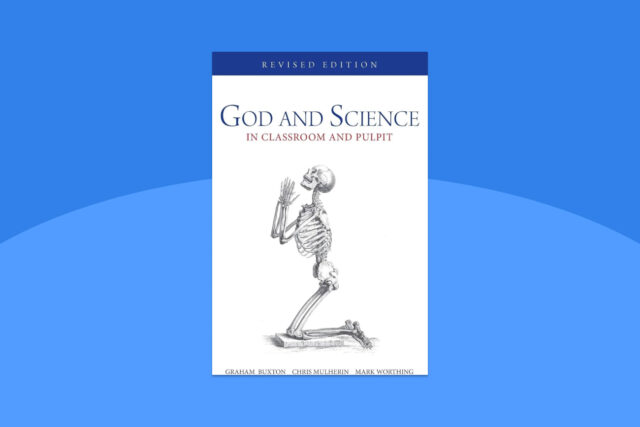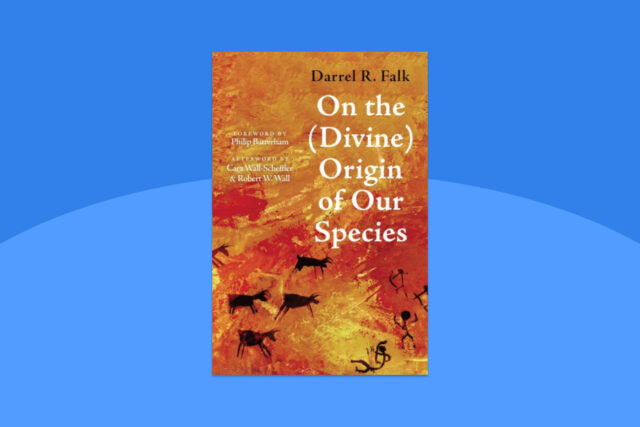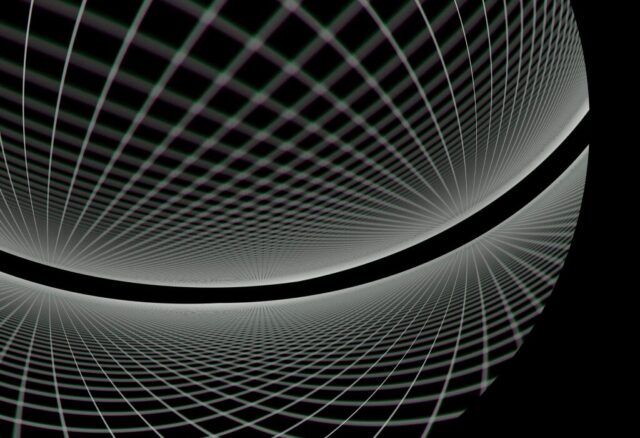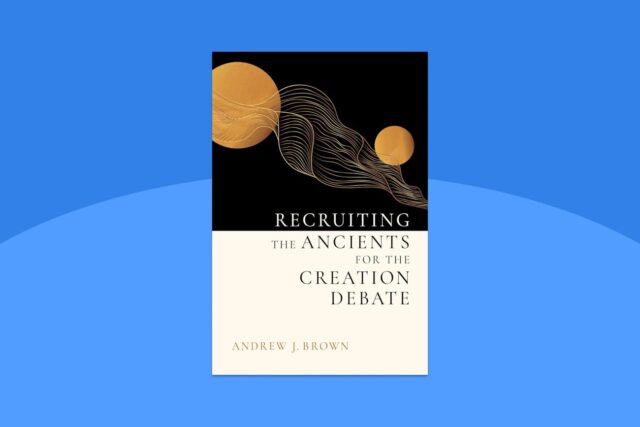

How do we differentiate between scientific questions and metaphysical questions? Is moving a question from physics to metaphysics justifiable? Stephen Ames explores this topic in his new article for the ISCAST Journal, Christian Perspectives on Science and Technology (CPOSAT).
Read the full article at CPOSAT.
Abstract
Brian Cox, at the end of his fifth episode in the 2021 BBC series Universe, says that big questions like, “why is there anything at all?” are scientific questions about nature. The paper challenges this form of naturalism by drawing on the work of V. J. Stenger, who derived virtually all the great laws of physics L from some physical knowledge and from a principle of point-of-view-invariance used by physicists in their enquiries. We will call this result R. The move from R to metaphysics is motivated by R having the oddity that L, operating from the Big Bang, are derivable from premises that include something that appears billions of years later, namely physicists using the above principle. The move is only justified if it can overcome two blockers: #1 that R is explicable wholly within the resources of the natural sciences; #2 that R is a brute fact. Either way, seeking a further explanation is not justified. I show these blockers logically cannot hold. Seeking a metaphysical explanation of R is therefore justified. It is shown that it is not unreasonable to conclude the universe is structured according to the laws of physics by God, the creator of the universe ex nihilo, in order that the universe be knowable through empirical enquiry, by embodied rational agents, using the principle of point-of-view-invariance.














